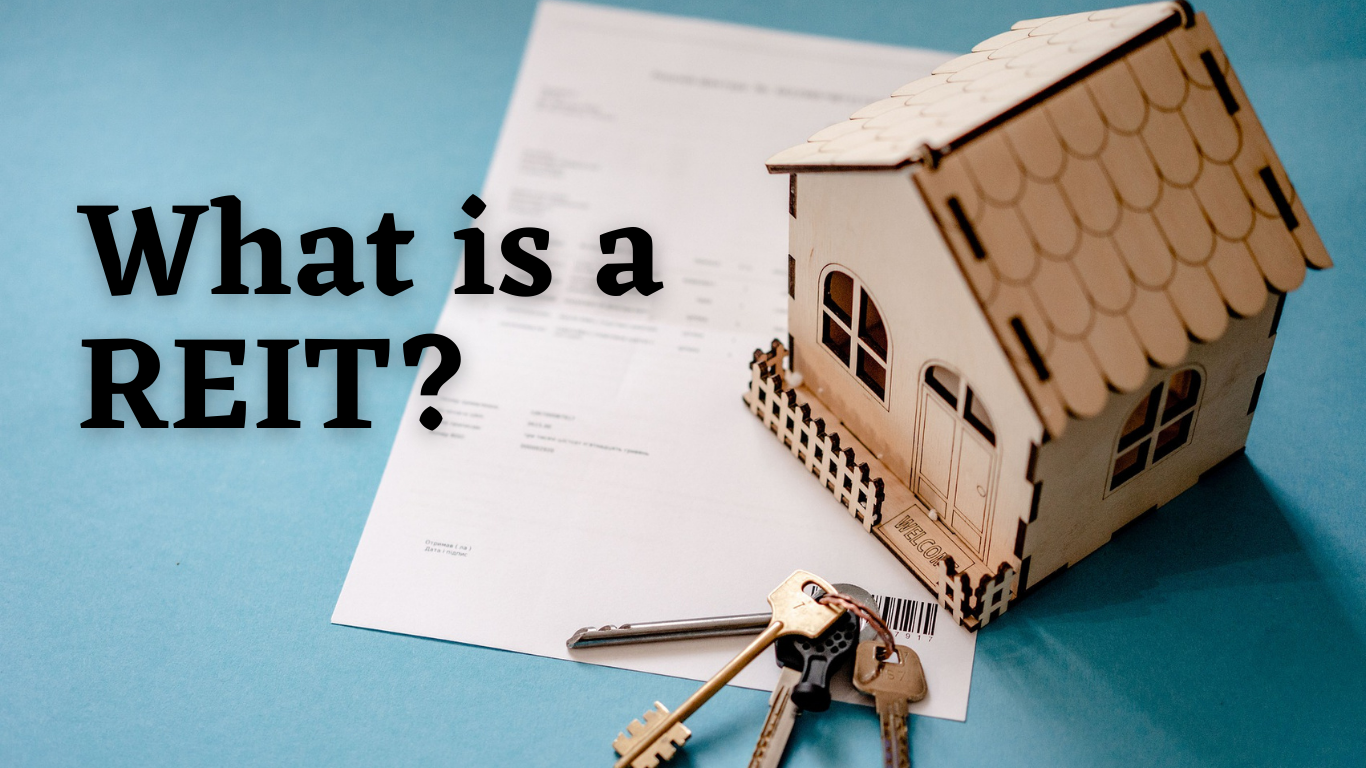The Buyt Desk
Choosing the right and profitable investment options is a difficult but important decision for senior citizens. If you don’t know how you should invest as a senior citizen, this post is worth reading.
What Is The Right Investment Strategy?
Proper funds allocation is an important aspect of any investment strategy. Senior citizens prefer short and medium-term options rather than long-term options. Safety of the invested money as well as good return both matter. But senior citizens don’t want to invest in assets that may have lots of ups and downs which is why a conservative approach with more focus on debt works best for them.
Examining the risk factor is also equally important while considering investment options. Go for a safer investment option with slightly lesser returns than opting for extremely high-risk options although they promise astronomical returns.
Start investing some years before your retirement. Your investment strategy when you are young should be concerned with taking care of your future requirements once you retire. At this moment, consider what type of senior citizen you are. You can add more mutual funds to your portfolio if you will get a regular pension. It will help in receiving the collected returns in post-retirement life.
For salaried or self-employed people who would not get a pension, it’s good to choose an investment option that helps them to earn a regular income after their retirement. Then, make your investment decisions accordingly. Now, include the most suitable investment option in your portfolio. Depending on an investment advisor is the best choice if a senior citizen can’t manage several investments.
Senior citizens should also consider the tax efficiency of their investments. Retired investors must emphasize investing in assets that offer them maximum tax benefits rather than the options where the earning income is completely taxable at the investor’s hand.
Best Investment Options For Senior Citizens
Here are the best investment options senior citizens can consider at present.
-
Pradhan Mantri Vaya Vandana Yojana or PMVVY scheme
Operated by the LIC or Life Insurance Corporation, this scheme is a low-risk investment option that is in operation till March 2023. This scheme is recommended for people who don’t have a vast risk desire and are comfortable with making a lump sum investment. It has 10 years term plan and provides a 7.4% interest rate. The minimum and maximum amount limit is INR 1.56 lakh and INR 15 lakh respectively.
An investor can expect a pension between Rs.1000-10,000 monthly based on their investment amount. No tax deductions can be availed under Section 80C. However, the income is released from GST.
-
National Pension Scheme
People who age between 18-65 years find this voluntary retirement savings scheme best. It provides senior citizens the chance to increase their tenure up to 70 years. All the investments in this scheme are directed toward equity, corporate bonds, alternative assets, and government bonds.
Regular investments are compulsory till the subscriber becomes 60 years old. Once they turn 60 years, they can withdraw 60% of the collected corpus as a tax-free amount. The remaining 40% must be used for buying an annuity plan. Less than Rs.2 lakh corpus can be withdrawn on a lump sum basis.
Applicants who join this scheme when they turn 65 years can exit it after three years from its opening date. They can withdraw 60% of the collected corpus as a lump sum and use the remaining 40% to purchase an annuity plan. The complete amount can be withdrawn on a lump sum basis if you have less than Rs.5 lakh in the corpus.
When you buy an annuity using a minimum of 80% of the corpus and use the remaining on a lump sum basis, you can leave the account before completing 3 years. You can withdraw the whole amount on a lump sum basis when the corpus is less than Rs.2.5 lakhs.
All investors under this scheme are offered a unique PRAN number (Permanent Retirement Account Number) and are eligible for 2 types of accounts-
(a)NPS Tier- I account
This is the primary account essential for all people who opt for this scheme. 10% of the monthly salary of government employees gets deposited towards this account. However, the Central Government deposit 14% of the monthly salary along with the dearness allowance. For other subscribers, a minimum contribution of Rs.1000 is mandatory for every financial year.
(b) NPS Tier-II or tier-2 account
This account is a voluntary savings account that can be opened by people who already have their Tier 1 account.
Contributions made to Tier I account with a maximum of Rs.1.5 lakhs are considered for tax deduction under Section 80C. Subscribers can get a deduction of up to Rs.50,000 for Tier-1 account contributions under Section 80CCD (IB).
-
Senior Citizen Savings Scheme (SCSS)
Offering a comparatively higher interest rate, this scheme is a good investment plan for senior citizens who are looking for a long-term saving scheme with better returns. It provides up to Rs.1.5 lakhs of tax benefits under Section 80C. The maximum contribution of Rs.15 lakhs can be made by the investors.
This scheme provides 5 years maturity period that can be extended by 3 years. While opening this account, the applicant has to add a nominee. The account can be opened in any Post Office or scheduled commercial bank in India.
-
Mutual Funds
This investment plan is a blend of equity as well as short-term debt. You can invest in debt mutual funds which are comparatively less risky and less volatile. Money market instruments, government, and corporate bonds, and corporate debt securities are some underlying securities. People with a regular income but no risk appetite can choose this mutual fund scheme to enjoy capital appreciation.
ELSS or Equity Linked Savings Scheme is an equity tax-saving mutual fund that offers inflation-beating returns. In this scheme, investors can receive up to Rs.1.5 lakh tax deductions under Section 80C every year. This mutual fund scheme has 3 years lock-in period. So, investors can’t make a premature exit. The minimum amount you can invest depends on which fund house you select.
-
Fixed or Recurring deposits
Under Section 80TTB, income up to Rs.50,000 is entirely tax-free. On average, banks provide between 3-7% rates of interest. However, senior citizens can receive 0.5% extra. Under this investment plan, you can purchase a bank loan up to 90% of the fixed deposit amount. Hence, senior citizens who may require a huge amount of funds urgently can opt for this safe investment option.
-
Tax-Free Bonds
Senior citizens can also consider investing in the infrastructure bonds issued by IRCON, NHAI, REC, and IRFC companies to increase money from the market. You can receive around 6% tax-free interest and returns with no TDS. It has 10 years of maturity. Investors receive no liquidity in the interim but can entitle to annual interest during this duration. You can invest at least Rs.5,000 and then multiples of Rs.5000.
Summary
And these are the best investment avenues for senior citizens for securing their life after retirement. Select the option that better matches your risk profile to have a comfortable and secure retired life.







